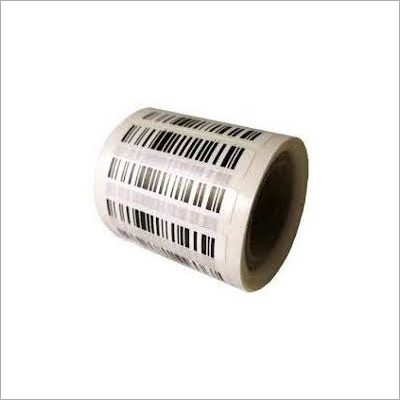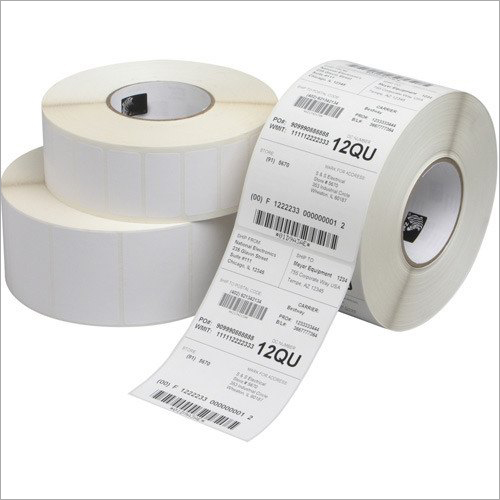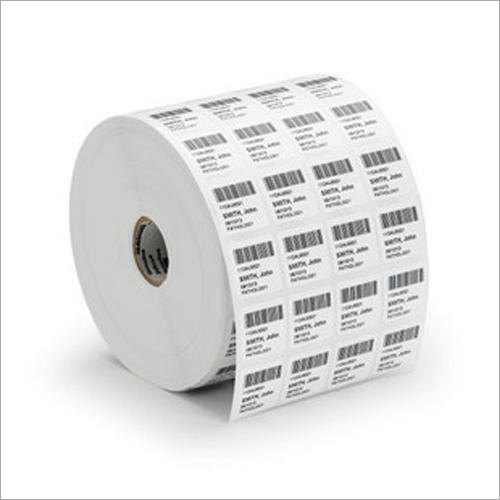Call : 08045478801

PP Printed Barcode Label
Product Details:
X
Product Description
A "PP Printed Barcode Label" typically refers to a barcode label that has been printed on a material made of polypropylene (PP). Polypropylene is a common thermoplastic polymer that is often used for various labeling and packaging applications due to its durability, moisture resistance, and cost-effectiveness.
Barcode labels, which are commonly used in inventory management, retail, shipping, and various other industries, contain encoded information in the form of a barcode. When the barcode is scanned by a barcode scanner, it provides information about the product or item to which it is attached.
Here are some key points related to PP printed barcode labels:
1. Material: Polypropylene (PP) is a synthetic polymer known for its durability and resistance to moisture, making it suitable for applications where labels may be exposed to environmental factors.
2. Printing Method: PP labels can be printed using various methods, such as thermal transfer printing, direct thermal printing, or digital printing, depending on the specific requirements of the application.
3. Barcode: The barcode on the label can be a 1D (linear) or 2D (matrix) barcode, depending on the information that needs to be encoded.
4. Application: PP printed barcode labels are used for a wide range of purposes, including tracking inventory, labeling products, and managing assets.
5. Customization: These labels can be customized with the necessary information, including product details, pricing, serial numbers, and other relevant data.
6. Adhesive: The label may have an adhesive backing to adhere to various surfaces like products, packaging, or assets.
7. Usage: Industries that commonly use PP printed barcode labels include retail, logistics, manufacturing, healthcare, and more.
When creating or ordering PP printed barcode labels, it's essential to consider factors like label size, adhesive type, barcode symbology, and the specific printing method to ensure they meet the needs of the application. Additionally, compliance with industry standards for barcode labeling, such as GS1 for retail products, may be necessary in some cases.
Enter Buying Requirement Details
Other Products in 'Printed Labels' category
 |
AIMEX INDUSTRIES PRIVATE LIMITED
All Rights Reserved.(Terms of Use) Developed and Managed by Infocom Network Private Limited. |
 Send Inquiry
Send Inquiry English
English Spanish
Spanish French
French German
German Italian
Italian Chinese (Simplified)
Chinese (Simplified) Japanese
Japanese Korean
Korean Arabic
Arabic Portuguese
Portuguese
